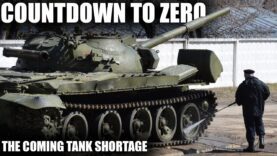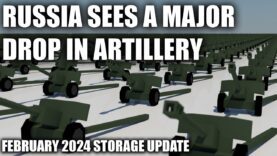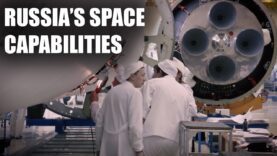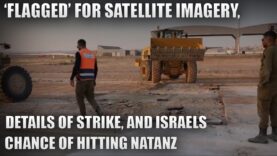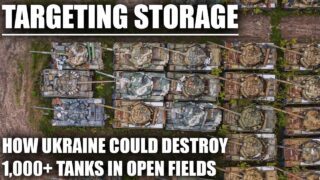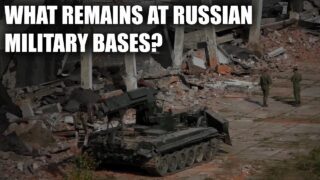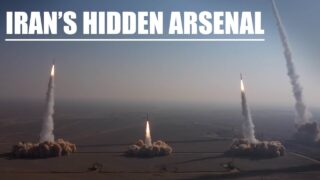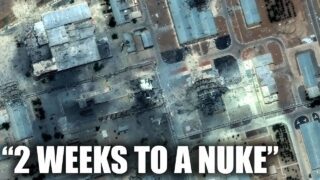Russian Satellites Get Very Little Chances To Watch Ukraine – Their Space…
Russian Satellites Get Very Little Chances To Watch Ukraine – Their Space Capabilities
Video Summary
Russia’s capabilities in space are impressive, but they still lag behind those of the US and China. For example, Russia’s optical imaging satellites have a resolution of around 1.8m, compared to the 25 cm resolution of US satellites like Planet. Russia’s signal intelligence satellites are also less advanced, lacking the multi-mission capabilities and technological superiority of US satellites like Orion. However, Russia’s space program is actively growing and expanding, with an ambitious launch schedule planned for this year.
The Russian anti-satellite weapon currently in development has raised concerns, particularly its potential use as a “destabilizing capability.” While details are scarce, it is believed to be a nuclear-powered weapon, which would provide a significant advantage over existing ASATs. The prospect of Russia deploying such a capability has significant implications for global security, particularly in the context of potential conflicts with the US and other nations.
In contrast, the US has no official anti-satellite weapons, but has demonstrated the capability through past tests. However, the development of new Russian technology could pose a challenge for the US, which may need to invest in its own ASAT capabilities to counter this threat. Ultimately, the modernization of Russia’s space program and its focus on ASAT technology has significant implications for global space security and could lead to a new era in the development of weapons in space.


